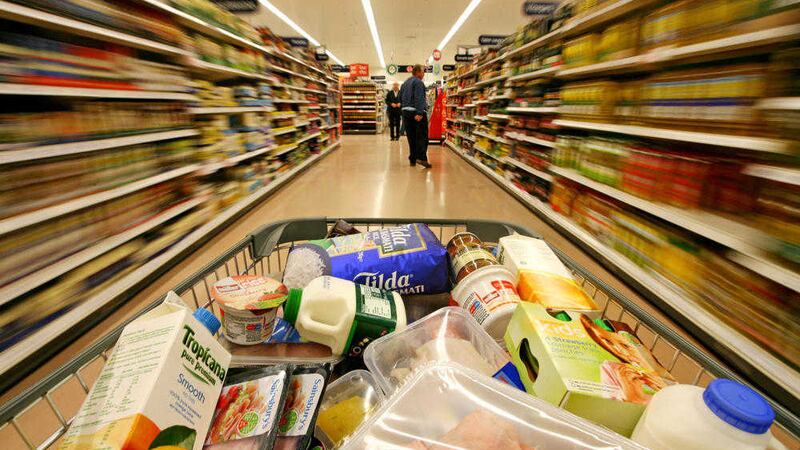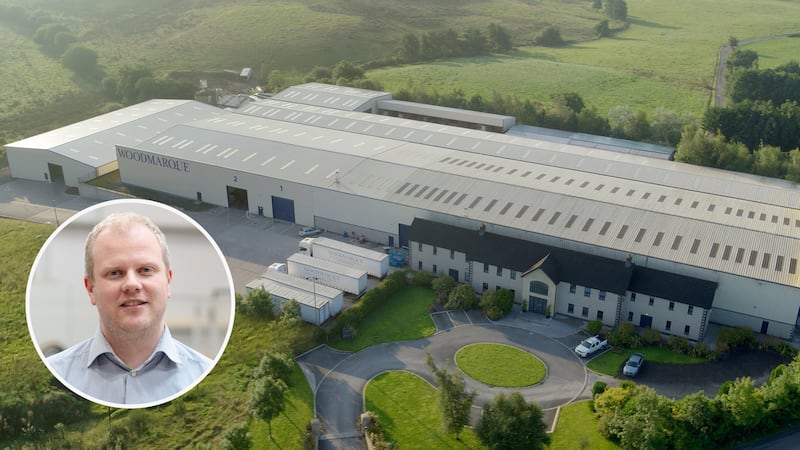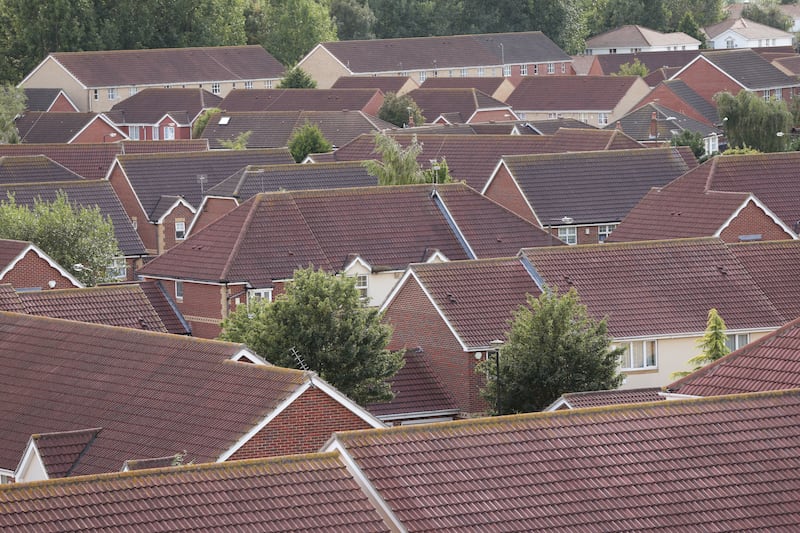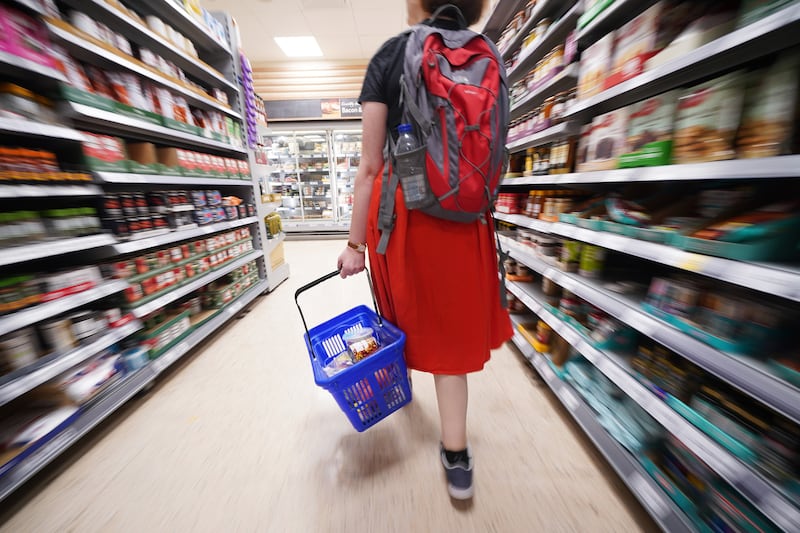INFLATION was unchanged at 0.6 per cent last month as rising food and transport prices were offset by a slip in the cost of clothing, wine and hotels.
The Consumer Price Index (CPI) inflation stalled in August after stepping up in June and July by 0.5 per cent and 0.6 per cent respectively, the Office for National Statistics (ONS) said.
Economists had been pencilling in a rise of 0.7 per cent.
The ONS said there was "little sign" of the plunge in the value of the pound to 31-year lows following the Brexit vote being passed through to consumer prices.
However, the Producer Prices Index was impacted by the sterling's slump, with input prices rising 7.6 per cent in the year to August and imported material prices climbing by 9.3 per cent over the period.
The fall in the value of the pound makes British goods cheaper to export on the global market, but makes imported goods and products more expensive.
The Retail Prices Index (RPI) - a separate measure of inflation, which includes housing costs - fell to 1.8 per cent in August, down from 1.9 per cent in July.
Mike Prestwood, head of inflation at the ONS, said: "Fuel costs falling more slowly than a year ago as well as rising food prices and air fares all pushed up CPI in August, but these were offset by hotels, wine and clothing leaving the headline rate of inflation unchanged.
"Raw materials costs have risen for the second month running, partly due to the falling value of the pound, though there is little sign of this feeding through to consumer prices yet."
The main upward pressure on CPI came from transport prices, which jumped by 0.9 per cent between July and August, as motor fuels fell by less than they did a year ago.
The price of petrol at the pump dropped by 1.8 pence a litre to 110 pence in August, while the price of diesel also edged down 1.2 pence per litre to 111.8 pence. Diesel prices had fallen by 6.2 pence a litre in August 2015.
Air fares were also pushing up the cost of travel, lifting by 14.4 per cent between July and August as European routes became more expensive.
Meanwhile, food prices rose by 0.6 per cent over the period, compared with a 0.2 per cent fall between the same two months last year. Breads, cereals and meat products all proved pricier in August.
The jump in prices comes despite a supermarket price war raging through Britain's fiercely competitive grocery sector, which has seen the 'big four' slash grocery prices to protect their market share from the rise of German discounters Aldi and Lidl.
The main downward impact on CPI came from restaurants and hotels, which saw prices drop by 0.4 per cent between July and August.
Clothing and footwear also helped push up the cost of living by only rising by 1 per cent over the period, compared to a jump of 1.5 per cent over the same two months in 2015.
The ONS said the cost of alcohol was also having an impact, with prices rising by 0.3 per cent between July and August in contrast to a 2.4 per cent leap in 2015.
This was driven by wine prices, which rose by less that they did a year ago.
August's CPI announcement comes during a busy week for the UK economy, with the latest employment data being released on Wednesday and the Bank of England's interest rate decision following on Thursday.
The outlook for economic growth has brightened in recent weeks, with manufacturing and services PMI survey for August showing a bounce back in activity after July's slump.
The economy's resilience has prompted some economists to up their growth forecasts for UK gross domestic product (GDP) as Brexit uncertainty eases.
However, Standard and Poor's has panned the recent positive economic data, dubbing it a "mirage" and warning of a "cloudy" outlook for the country.
Howard Archer, chief UK and European economist at IHS Global Insight, said CPI's pause in August was likely to be temporary as sterling's weakness bumps up prices of imported goods, food, inputs and commodities.
"It looks probable that consumer purchasing power will be significantly diluted over the coming months as inflation trends higher and earnings growth is limited," he said.
"Companies may well look to clamp down on workers' pay as they strive to save costs in a more difficult environment and as imported input prices are lifted by the weakened pound.
"Meanwhile, a likely softening labour market and limited consumer confidence will dilute workers' ability and willingness to push for higher pay awards."
Samuel Tombs, chief UK economist at Pantheon Macroeconomics, said the static CPI figure could inspire another interest rates cut from the Bank of England.
"August's inflation figure undershot the Monetary Policy Committee's (MPC) 0.8 per cent forecast in last month's Inflation Report, so today's inflation release increases the likelihood that the committee follows through on its guidance and cuts interest rates once more this year," he added.
"Above-target inflation in 2017, however, likely will ensure that the MPC holds back from additional Government bond purchases next year once the current £60 billion tranche has been completed."








